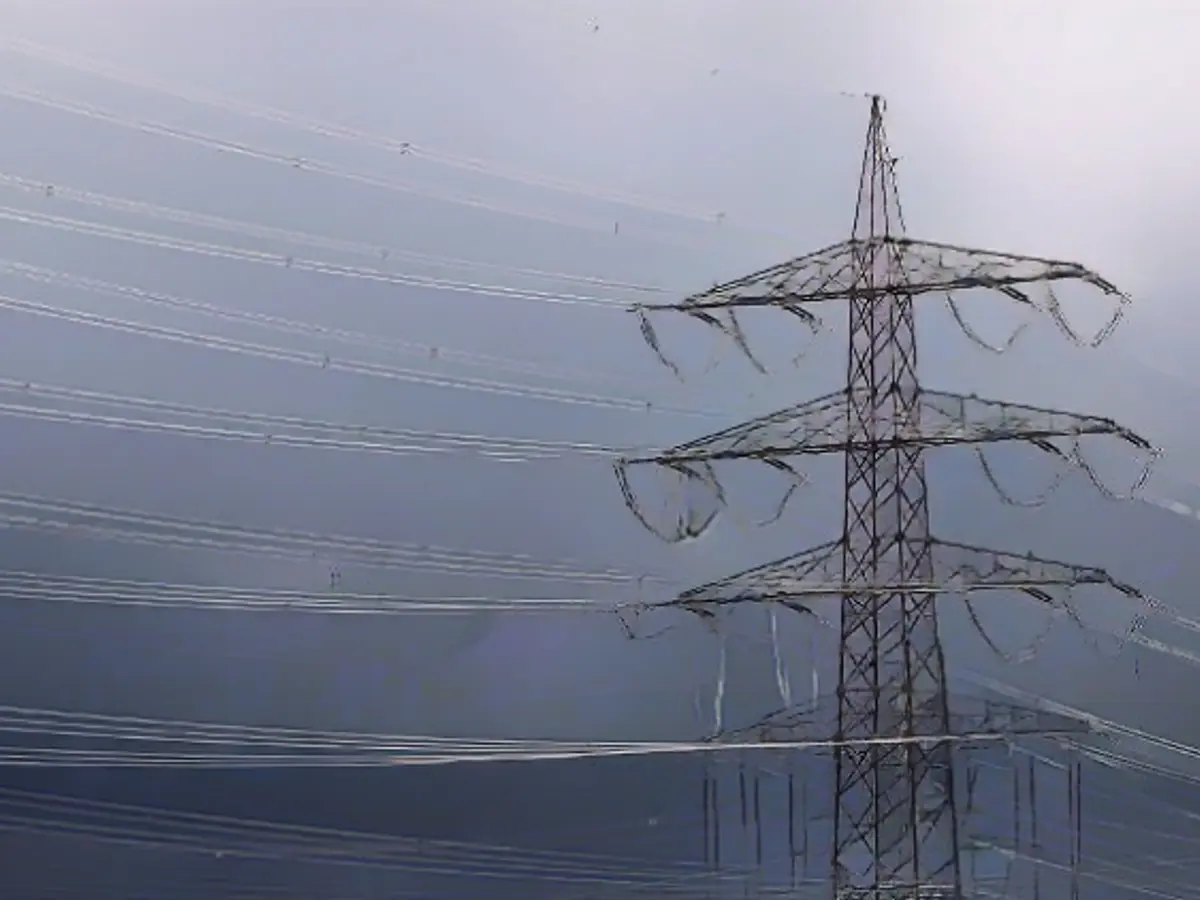The budget bummer hits the Federal Government, but they're still in for the ride with Tennet
In a surprising turn of events, the German Federal Constitutional Court gave the Federal Government a budgetary smackdown. The beloved climate fund, holding 60 billion euros, became a no-go zone, leaving the government scrambling for alternative funds. Simultaneously, the government's intentions to dig deep into the pockets for the Dutch grid operator, Tennet, remained undeterred.
"The Federal Ministry of Economics is sticking to their guns," declared a ministry spokesperson, "we're still hot on the trail of placing Tennet under federal government ownership." The negotiations with Tennet's Dutch overlords have been a rollercoaster ride, with significant progress but no final agreement.
Why all the fuss about Tennet? For starters, it's the backbone of security and plays a pivotal role in the energy transition. The spokesperson added, "The takeover will pave the way for the much-needed grid expansion in Tennet's supply area." This expansion is vital for building those all-important north-south routes for wind power transport.
The constitutional court's ruling on the climate fund has thrown a monkey wrench into the government's purchase plans. Sources within the negotiations have confirmed that the German government had almost sewn the deal for the multi-billion purchase price of the German portion of Tennet. But now the court ruling—a chilling 60 billion euros is locked away in the climate fund—makes the proverbial deal a whole lot harder for the German government.
The government won't pay for Tennet with the climate fund's coffers, but they're eyeing a 20 billion euro loan from the Kreditanstalt für Wiederaufbau (KfW). However, if the government had to make sacrifices in other investment projects, the purchase agreement could prove difficult to ink. Tennet's camp has remained tight-lipped about the negotiations, stating, "Discussions are ongoing and we'll leave any further commentary to future updates."
TenneT kicked off the sale proceedings years ago due to the Dutch company's reluctance to invest in the switch to renewable energy sources. The German government has already rolled out the welcome mat for 50Hertz's eastern German grid operator, dishing out a 20% stake via KfW. Insiders hint at KfW's potential interest in scooping up a minority stake in TransnetBW.
The Federal Ministry of Economics is rallying the troops, backing the government's goal of securing a significant chunk of Tennet. The acquisition would boost the expansion of the grid, particularly in the development of north-south wind power transportation routes.
Despite the climate fund ruling, the government and Tennet negotiating table remains a hotbed of activity. The German government views the Tennet takeover as a critical step on the road to achieving energy transition targets, even against the backdrop of the budgetary hurdles they're currently facing.
Source:
Enrichment Insights:
- TenneT's financial situation: The Dutch government has bailed out TenneT with loan facilities to keep investments alive, as the German state buyout stalled.
- European utilities' funding struggles: European utilities like TenneT could face challenges in accessing capital, potentially relying on shareholder loans or equity injections to maintain infrastructure investments.
- German budget and debt: The German government is dealing with a significant budget deficit, and political debates surrounding the debt brake could impact the government's financial abilities and, in turn, influence TenneT's situation.
- Renewable energy projects: TenneT's involvement in notable renewable energy projects, like the IJmuiden Ver Alpha wind farm, could be affected by the government's financial situation and policies, affecting Germany's climate goals.








